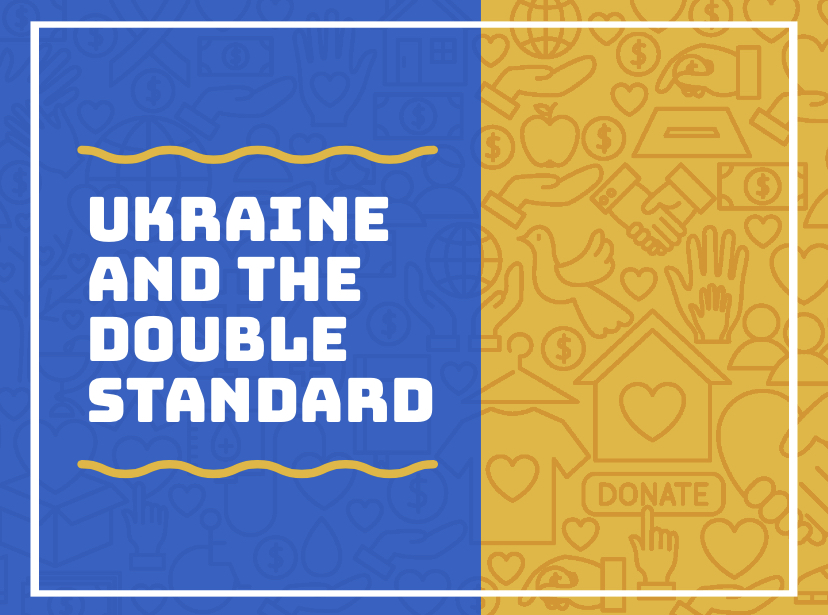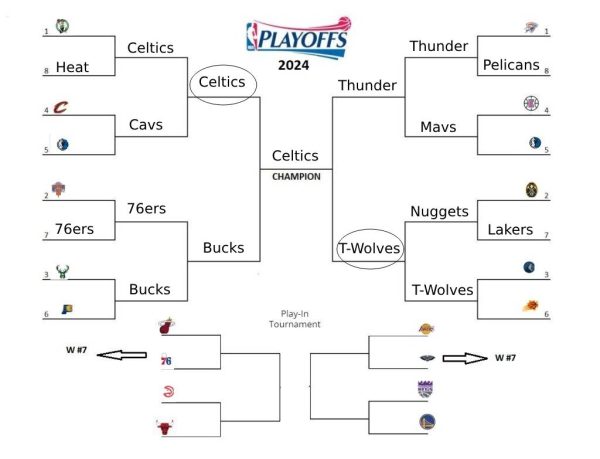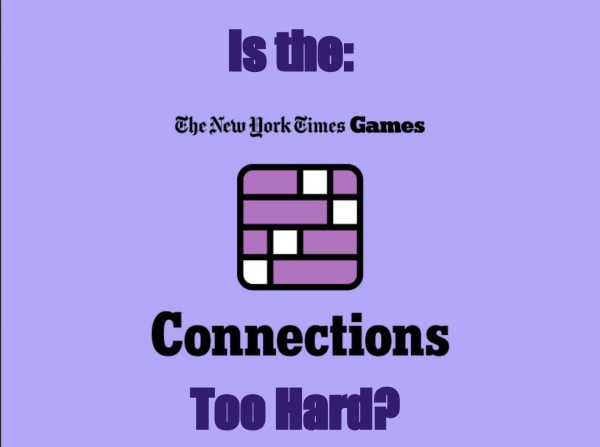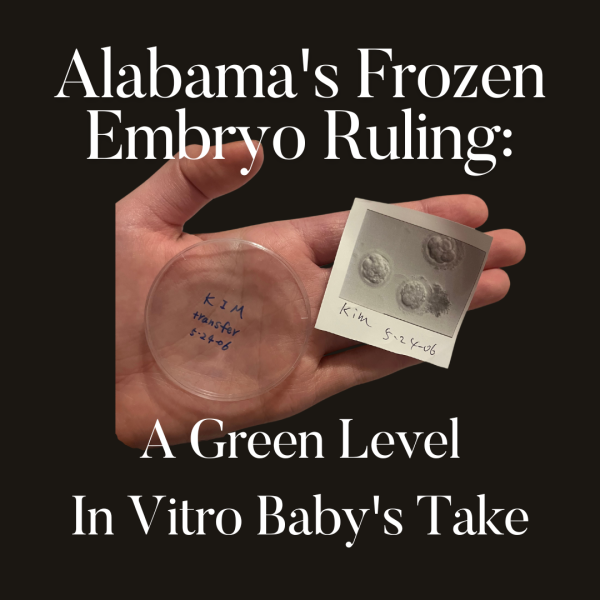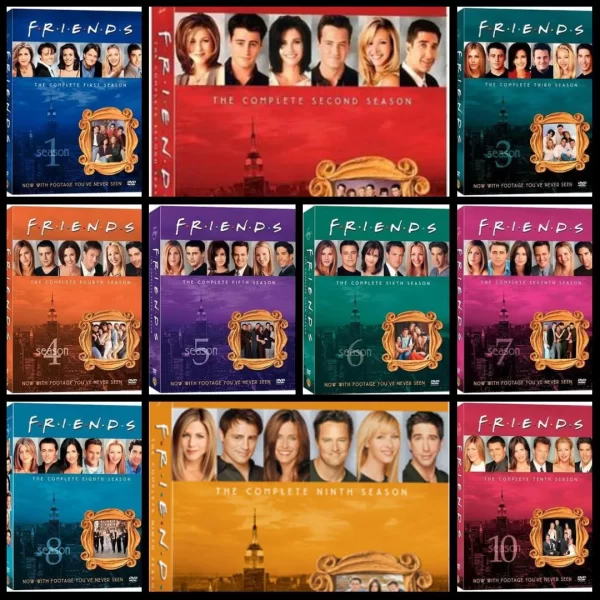‘It’s Different Because It’s Europe:’ Ukraine and the Double Standard
As the situation in Ukraine continues to develop, countless innocent civilians flee to asylum in Europe. Other Western countries have rallied behind Ukraine to provide their support, happily welcoming over 2 million refugees across their border. Of course, this is a fantastic development–however, it makes one wonder why the same countries refuse the same treatment for Syrian refugees also trying to cross over. Even Ukrainians of color have noticed a double standard in their treatment as immigrants. Looking deeper, we realize that the double standard continues even past immigration–it corrupts our media and our perception of who deserves help.
Western news has, until this point, painted a clear picture of war refugees. A refugee is shown to be poor and sick, desperately trying to escape their brutal Middle-Eastern country. But that image doesn’t match Ukraine. As a European nation, Ukraine is perceived by foreign audiences to be “better off” than its Middle-Eastern neighbors. While this isn’t exactly true (Ukraine has a dark, war-torn history itself), the media has still hit a wall on how to describe the fleeing families. As a result, global reporting has turned into thinly veiled racism. “This is a relatively civilized, relatively European — I have to choose those words carefully, too — city, where you wouldn’t expect that or hope that it’s going to happen,” said CBS foreign correspondent Charlie D’Agata. Despite his “careful” choice of words, the true implication behind D’Agata’s message is clear; Ukraine deserves help because it, as a white European nation, is “civilized.” Countries like Afghanistan and Palestine do not deserve aid because they, as brown Asian countries, are “uncivilized.”
“This is a relatively civilized, relatively European — I have to choose those words carefully, too — city, where you wouldn’t expect that or hope that it’s going to happen.”
— Charlie D'Agata
D’Agata’s viewpoint is harmful, racist reporting. Countries like Afghanistan deserve the same level of publicity and public concern because they, just like Ukraine, are suffering. Nations like Iran were “civilized” too once; Western involvement made situations deteriorate. Any refugee should be greeted with open hands and welcome aid, but white Ukrainians receive countless public support while other races and nationalities receive cold commentary and doors slammed in their faces. D’Agata’s ignorance isn’t an isolated event–other officials have shown similar sentiments. “It’s very emotional for me,” shared Deputy Prosecutor General of Ukraine David Sakvarelidze to a sympathetic BBC reporter, “Because I see European people with blue eyes and blond hair…being killed every day.” Clearly, seeing blue-eyed, blond-haired civilians suffer is more impactful for white audiences than the years of watching brown-eyed, black-haired civilians endure similar tragedies.
Even Green Level has shown a disproportionate amount of support for Ukraine. Of course, nobody showing this support has cruel intentions or racist ideologies; they just want to stand in solidarity with a struggling nation. But the situation is a lot more complicated than that–we need to take a step back, look at ourselves, and analyze why we care so much about Ukraine. Is it because of personal connections and rational fears, or is it out of internalized prejudice? We have painted flags in front of our school to show our solidarity–but where are the Palestine flags? Where’s our mural for Yemen? Where’s our outreach to students with Afghan backgrounds? What makes these humanitarian crises different from the terror in Ukraine?
The support Ukraine is receiving is phenomenal, and in no way am I trying to undermine the incredible efforts people have made to stand in solidarity with the country. In fact, Ukraine should be the blueprint. We should treat more tragedies the way we’re treating this, with careful eyes and kindhearted donations. Ukraine sets the example for how we approach refugees and war-torn nations. The west needs to have this energy for all humanitarian crises, no matter where they occur.
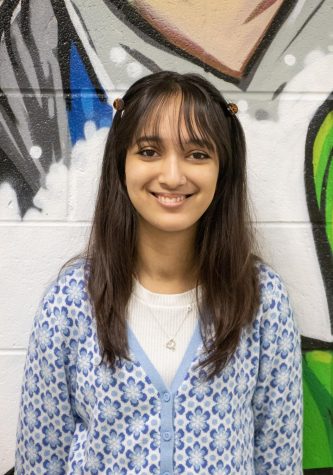
Daneen is a senior writing for her fourth year on The Gators Eye. When she’s not in class, she’s binging old Disney movies, reading comic books, or...


